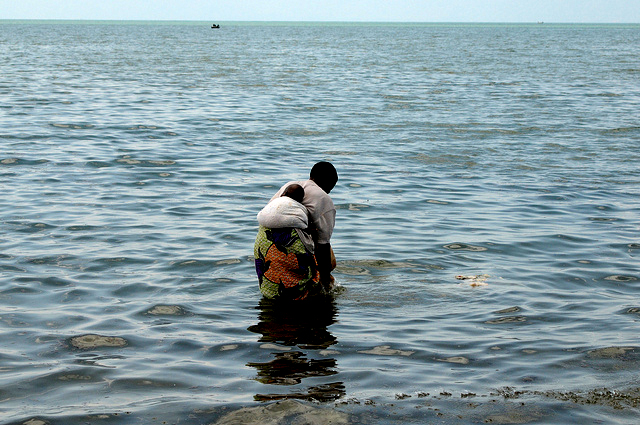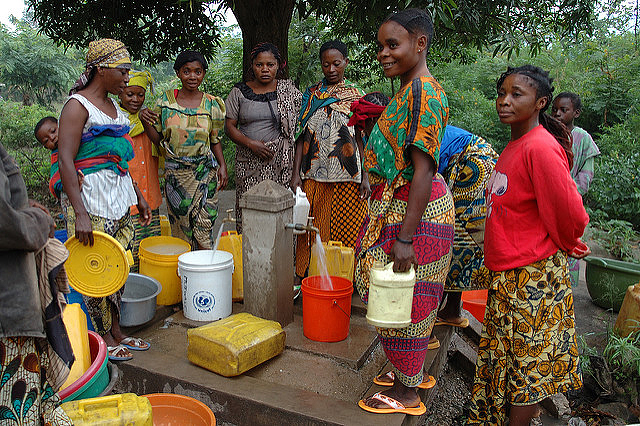A project among the Fipa villages along the shores of Lake Tanganyika has improved the health of residents of the region, according to a news report last Wednesday. Although the reporter did not identify the people as being Fipa, most of the villagers along that portion of the lake are, in fact, members of that society.

Dr. Boniphace Kasululu, the Medical Officer for the Rukwa Region of Tanzania, explained at an event last week that the project has supplied lakeshore villages with speedboats to take pregnant women in emergency situations to health centers. The need for such a service was dramatized five years ago. A very ill woman and her unborn fetus died in July 2012 along the lakeshore, in part because a hostile resort had refused to allow the boat she was traveling in to land so she could be taken to a health facility in time to save her life. News stories in August and November that year described the local outrage at the insensitivity of the lodge owners and their arrogant attitudes toward the health needs of the people. Equipping the lakeshore villages with their own speed boats would be a most effective response.
A major focus of the Rukwa Region health project has been to contain the spread of cholera and it seems to be benefiting a lot of people. It is supported by the government of Denmark through the Rukwa Diocese of the Moravian Church. Dr. Kasululu emphasized that the project is providing education to local people on how to control cholera.

Respice Mbalu, the coordinator of the project, said that the local death rate due to cholera had declined since the project was started in 2006 because health standards in the villages had improved significantly. The news report did not say what the specific improvements consisted of but since cholera is normally spread through drinking polluted water, one can presume that developing piping for clean water from sources away from the lake, which may serve as a reservoir for the cholera bacteria, adding chlorine to drinking water, and similar health measures may have been part of the project.
Mr. Mbalu said that the project had achieved 90 percent of its targets so far and it has reached a total 34 villages. The officials indicated that Phase 3 of the project will begin next year, but the news report did not indicate what they are hoping to improve next.
Kathleen Smythe, who did fieldwork among the Fipa people along the lakeshore, reported in her book Fipa Families (Smythe 2006) that health conditions along the shore of the vast lake were not all that great. “The lakeshore was home to many diseases, particularly malaria and smallpox,” she wrote (p.78-79). She mentioned that missionaries and children at a mission in the lakeshore community of Karema had died due to hepatitis, malaria, typhoid fever, diarrhea, beriberi, and so on. She did not mention cholera in the book, however.

In 1960, she added, all the school children in Karema were sent up onto the Ufipa Plateau to Sumbawanga, which had a healthier environment—the malaria and other diseases of the lakeshore were not a problem on the plateau. Food was easier to access in the larger town as well. Some of the people that Smythe interviewed said that they had been bothered a lot by the foods they had received at the mission in Karema but overall, she concluded, many of the students did find that their health and nutrition were better, in fact, at the mission than they had been in their villages.